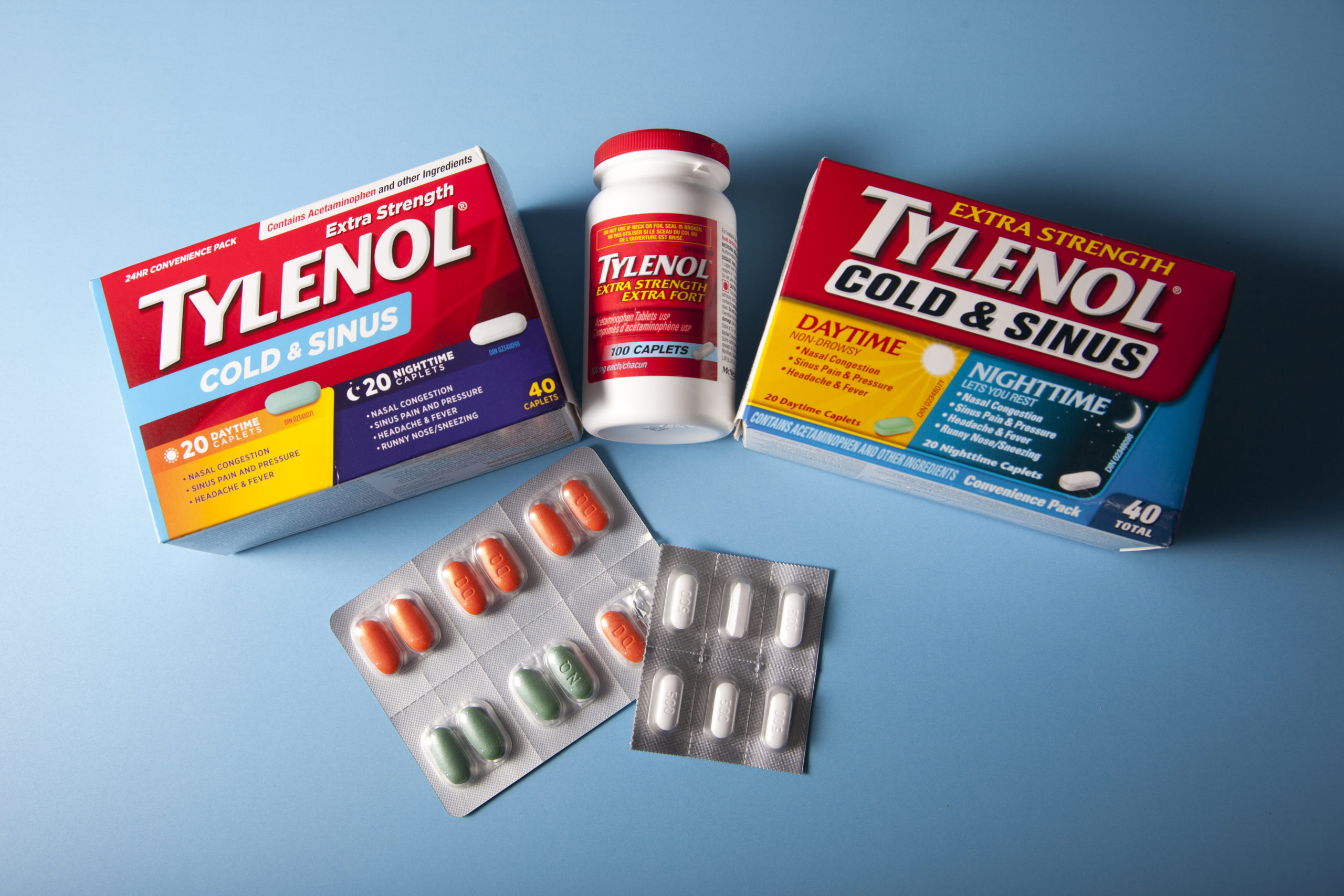The Tylenol autism lawsuit had a significant impact on the pharmaceutical industry, as it challenged the safety of Tylenol products containing acetaminophen and claimed that they caused autism in children.
While the lawsuit is ongoing, and lawyers across the country are accepting clients and filing claims, the case has triggered a widespread discourse about the safety of pharmaceutical products and the ethical obligations of drug companies to their consumers.
According to TorHoerman Law, as of March 2023, over 100 cases of the Tylenol lawsuit have been consolidated in the multidistrict litigation, and more cases are expected to be centralized in the US District Court: Northern District of California in the coming months.
The outcome of this litigation will have far-reaching implications for the pharmaceutical industry, particularly with regard to how drug companies prioritize consumer safety in the development and marketing of their products.
What Are the Risk Factors of Using Tylenol
Although acetaminophen is generally considered a safe medication, there are certain risks associated with its use during pregnancy. Women should be aware of these potential risks, which include:
ADHD and Autism Spectrum Disorder: According to a study published in the American Journal of Epidemiology, prolonged exposure to acetaminophen during fetal development may increase the risk of autism and attention-deficit/hyperactivity disorder (ADHD) in children.
The study found that children who were exposed to acetaminophen for more than 28 days during pregnancy had a 20% higher risk of autism and a 30% higher risk of ADHD compared to children who were not exposed or had less exposure.
Asthma: According to a study published in the International Journal of Environmental Research and Public Health, there is a higher risk of asthma diagnosis or symptoms among children who were exposed to acetaminophen during pregnancy. The study estimated a 25-39% increased risk of developing asthma or experiencing symptoms such as wheezing and shortness of breath.
Developmental Delays: According to the National Library of Medicine, children whose mothers used acetaminophen during pregnancy were more likely to experience developmental delays.
The study revealed that children who were exposed to acetaminophen while in the womb had a higher likelihood of experiencing delays in motor development, language development, and communication skills. We’ll now take a critical look at the impact of the Tylenol autism lawsuit on the pharmaceutical industry.
The Rise of Skepticism
One of the most significant impacts of the Tylenol autism lawsuit was the rise of skepticism among the public toward pharmaceutical products. The case fueled a growing distrust in the pharmaceutical industry and its claims of safety and efficacy. Many people became more cautious about taking medications and questioned the motivations of drug companies.
This increased skepticism had far-reaching effects on the pharmaceutical industry. Drug companies had to work harder to gain the trust of their consumers and to prove the safety and effectiveness of their products. They also faced greater scrutiny from regulatory agencies and the media.
Increased Regulations
Another impact of the Tylenol autism lawsuit was the increased regulations imposed on the pharmaceutical industry. Regulatory agencies like the FDA have become more vigilant about monitoring the safety of drugs and assessing the risks associated with their use. This led to more stringent regulations on the development and marketing of drugs, which in turn increased the cost and time required to bring new drugs to market.
The increased regulations were aimed at ensuring the safety of pharmaceutical products and restoring public trust in the industry. However, they also had unintended consequences, such as making it more difficult for smaller pharmaceutical companies to compete with larger, established companies.
Improved Transparency
One positive impact of the Tylenol autism lawsuit was improved transparency in the pharmaceutical industry. Drug companies have become more open about the results of clinical trials and the potential risks associated with their products. They also became more transparent about their relationships with healthcare providers and patient advocacy groups.
Improved transparency helped to build trust among consumers and to improve the quality of healthcare. It also helped to ensure that patients were fully informed about the risks and benefits of the drugs they were taking.
Greater Accountability
The Tylenol autism lawsuit also significantly impacted the accountability of drug companies. Companies became more accountable for the safety and efficacy of their products and for the accuracy of the information they provided to consumers and healthcare providers. They also became more accountable for the impact of their products on public health and the environment.
Greater accountability was a welcome change for many consumers, who had previously felt that drug companies were more interested in profits than their customers’ well-being. However, it also placed greater pressure on drug companies to balance their financial interests with their ethical responsibilities.
Conclusion
The Tylenol autism lawsuit profoundly impacted the pharmaceutical industry, shaping how drug companies develop, market, and sell their products. Today, consumers must remain vigilant in their efforts to ensure the safety and efficacy of the drugs they take and demand transparency and accountability from drug manufacturers.
The lessons learned from this case continue to shape the industry today and serve as a reminder of the importance of putting consumer safety first.

